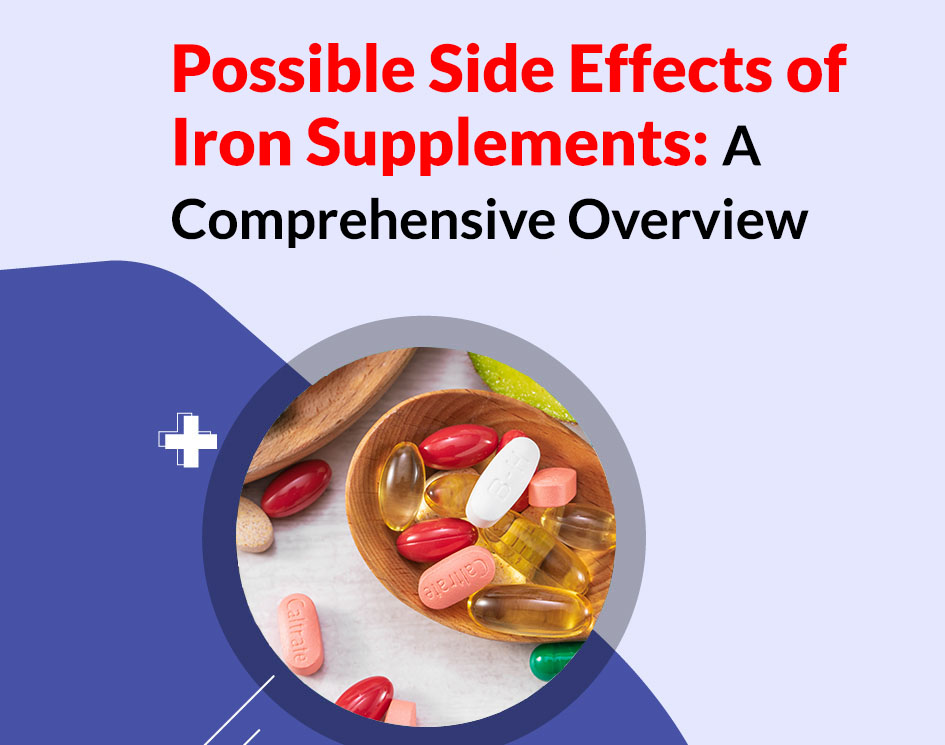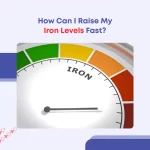
Possible Side Effects of Iron Supplements: A Comprehensive Overview
Introduction
Iron is a crucial mineral that plays a vital role in our body’s functioning, aiding in the production of red blood cells and supporting optimal oxygen transportation. However, when individuals suffer from iron deficiency, doctors often recommend iron supplements to help restore proper iron levels.
While iron supplements are generally safe and effective, it is important to be aware of potential side effects. In this article, we delve into the possible side effects of taking iron supplements.
1. Gastrointestinal Disturbances
One of the most common side effects of iron supplements is gastrointestinal discomfort. Some individuals may experience symptoms such as nausea, vomiting, constipation, or diarrhea.
These effects can be attributed to the direct irritation of the gastrointestinal tract caused by iron. To mitigate these issues, healthcare professionals may recommend starting with a lower dosage and gradually increasing it, taking the supplement with food, or switching to a different form of iron that is better tolerated.
2. Stomach Cramps and Abdominal Pain
Iron supplements can sometimes cause stomach cramps and abdominal pain, particularly when taken on an empty stomach. To minimize this side effect, it is advisable to consume iron supplements with a meal or snack. If the pain persists or becomes severe, it is crucial to consult a healthcare professional for further evaluation.
3. Foul Taste and Staining
Iron supplements, particularly liquid formulations, may leave a metallic or unpleasant taste in the mouth. Additionally, these supplements can stain the teeth, resulting in a darkening or discoloration of the tooth enamel. Diluting liquid iron supplements with water or juice and rinsing the mouth thoroughly after consumption can help mitigate these effects. Regular dental hygiene practices, such as brushing and flossing, are also essential for minimizing staining.
4. Allergic Reactions
Although rare, allergic reactions to iron supplements can occur. Signs of an allergic reaction may include hives, itching, swelling of the face, lips, tongue, or throat, difficulty breathing, or tightness in the chest. If any of these symptoms are experienced after taking iron supplements, immediate medical attention should be sought.
5. Iron Overload
Iron overload, also known as iron toxicity, is a condition characterized by excessive iron accumulation in the body. It typically occurs in individuals who take iron supplements without a genuine iron deficiency or those with a genetic predisposition to iron absorption disorders.
Iron overload can lead to organ damage, especially in the liver, heart, and pancreas. Therefore, it is crucial to adhere to recommended dosage guidelines and consult a healthcare professional before starting iron supplementation.
6. Interactions with Medications
Iron supplements can interact with certain medications, reducing their effectiveness or causing adverse effects. For example, iron can impair the absorption of certain antibiotics, thyroid medications, and levodopa, a medication used in Parkinson’s disease.
To prevent any potential interactions, it is essential to inform your healthcare provider about all medications and supplements you are currently taking.
Conclusion
Iron supplements are a valuable tool in treating iron deficiency and restoring optimal iron levels in the body. However, it is crucial to be aware of the potential side effects associated with their usage.
Gastrointestinal disturbances, stomach cramps, foul taste, staining, allergic reactions, iron overload, and medication interactions are among the potential side effects. To ensure safe and effective supplementation, it is recommended to consult with a healthcare professional before initiating iron supplementation and to follow their guidance throughout the process.








